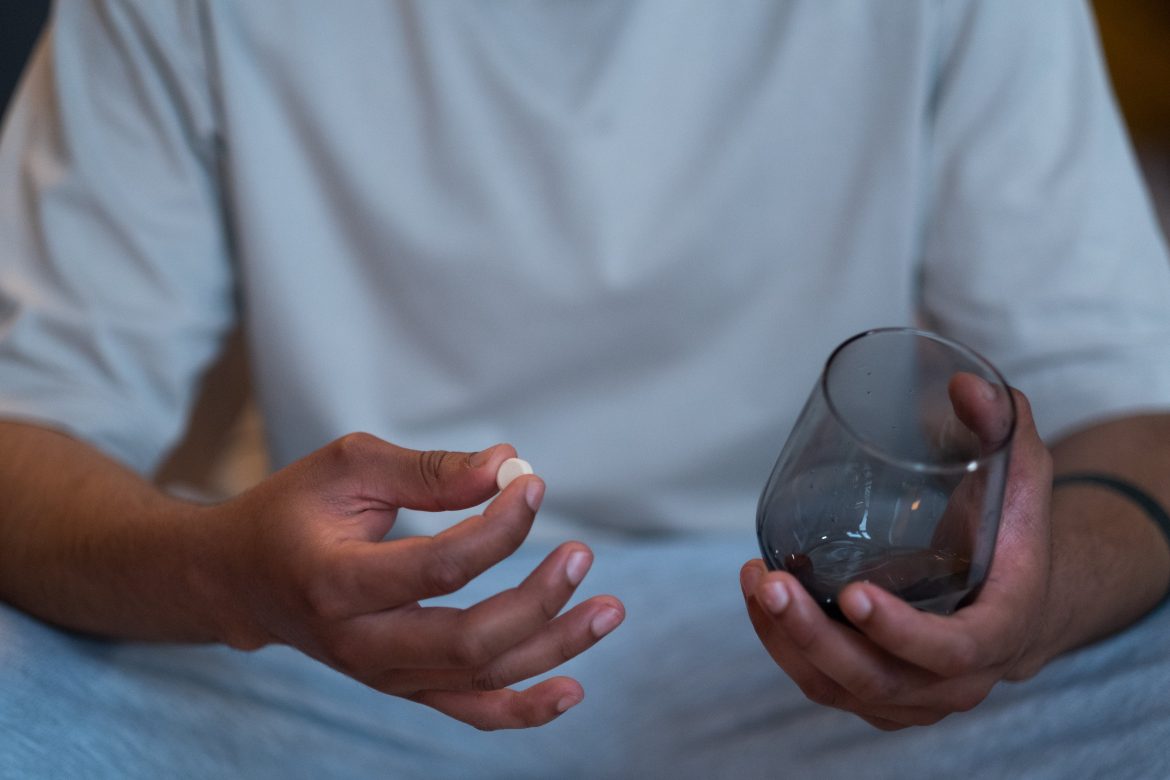Antibiotic resistance is one of the biggest threats to global health and medicine development today and can affect anyone at any age.
Resistance to commonly prescribed drugs can make infections harder to treat and can threaten the ability to treat common problems or perform vital procudures such as operations.
But it’s not just bacteria that can become resistant. Fungal infections and parasitic infections such as malaria can also become harder to treat.
Every year the World Health Organization launches World Antimicrobial Resistance Awareness Week (WAAW) in November to shed light on the critical issue of drug resistance and to promote responsible use of antibiotics.
What is antimicrobial resistance?
Antimicrobial Resistance (AMR) occurs when bacteria or other organisms evolve and adapt to become resistant to the drugs designed to kill them.
AMR can be accelerated by inappropriate use of antibiotics, a lack of new antibiotic drugs being developed, and insufficient monitoring of infection rates globally.
Antibiotics are widely used in farming but overuse can exacerbate the problem.
What can you do?
- Only use antibiotics when prescribed
- Always finish the prescribed course of antibiotics and follow healthcare workers’ instructions
- Do not share antibiotics
- Practice good hygiene regularly
- Antibiotics are appropriate for bacterial infections but do not work on viruses such as colds and flu
- Do not use antibiotics if healthcare workers does not suggest them
UK action plan
Hospitals across the UK are involved in trying to contain and control AMR by 2040 through a plan developed by the UK Government.
It aims to optimise the use of antibiotics, reduce unintentional exposure to antibiotics and support the development of new antibiotics.
The plan also covers any antimicrobial medicine related to humans, animals, food production and agriculture.






